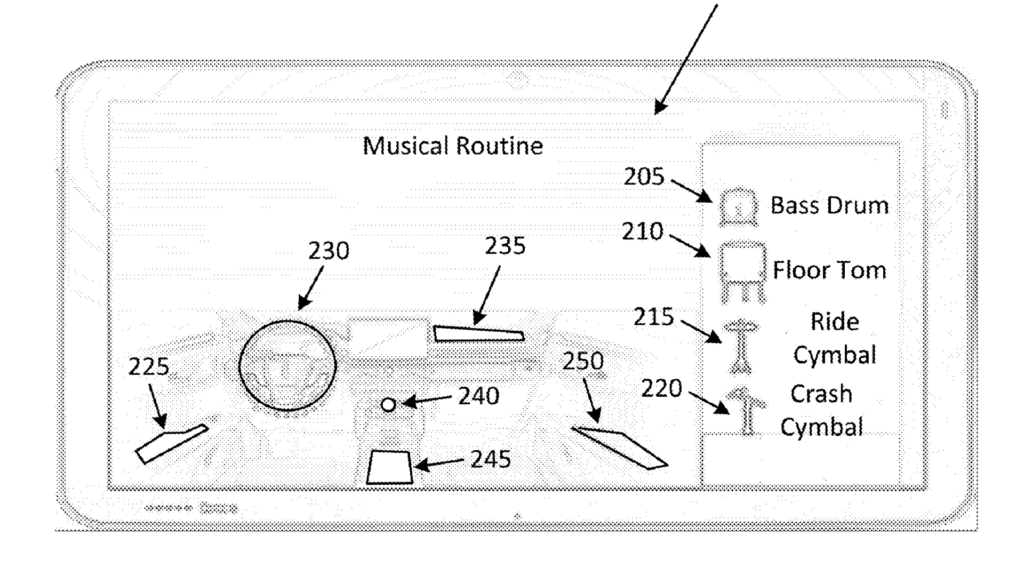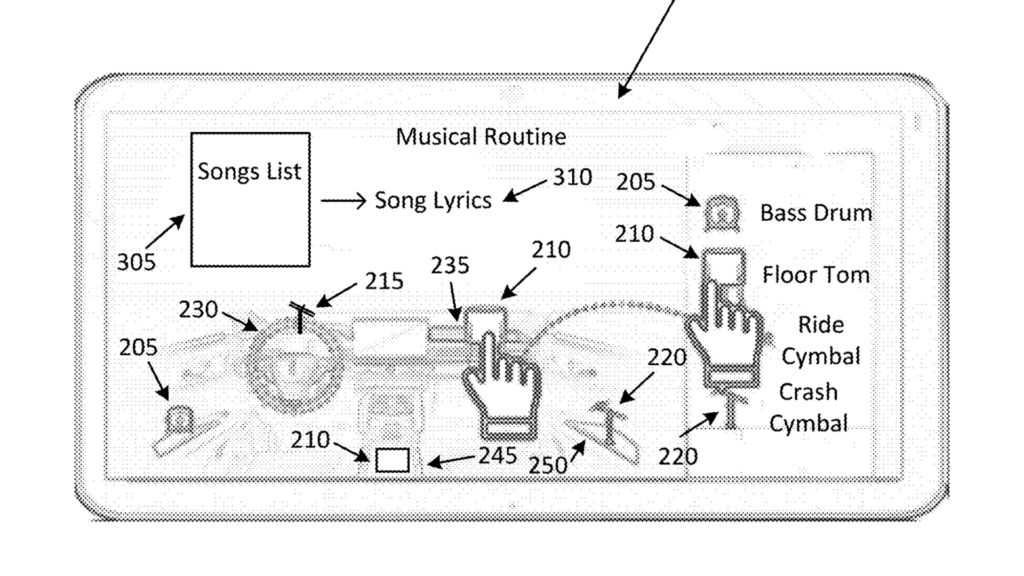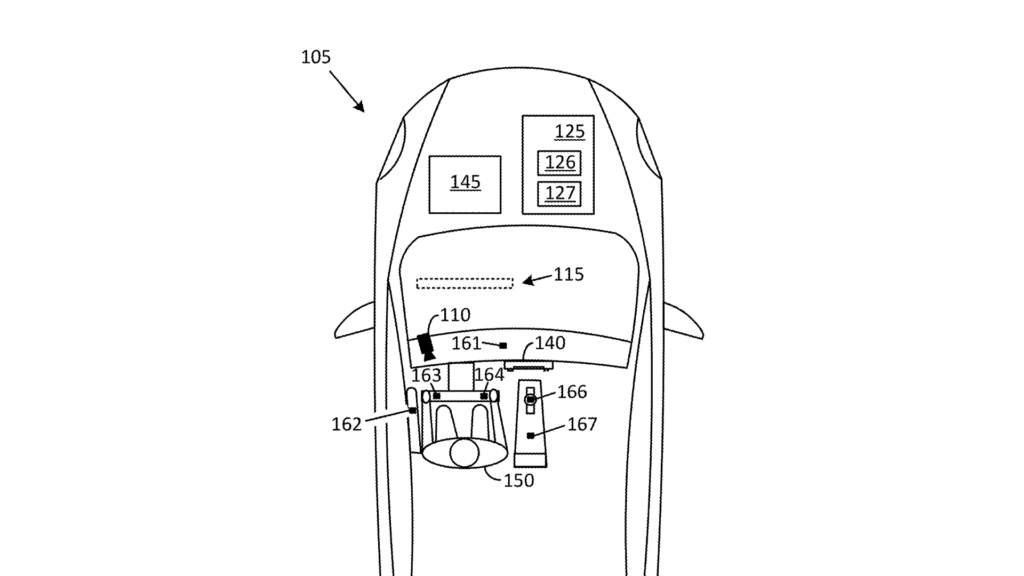Future Ford Cars Could Have Built-In Video Games To Help Cure Boredom

Video games were first invented in 1958, and they have since evolved into a multi-billion-dollar industry. By 2022, the global video game market was estimated to be worth about $217 billion, and growing. Today, it has escalated to a form of entertainment that rivals even the biggest Hollywood blockbuster films. So why wouldn’t the auto industry want a piece of that?
RELATED: GM Filed a Patent That Would Grant Future Vehicles X-Ray Vision
Recently, Ford Motor Company had applied for a unique patent with the United States Patent and Trademark Office (USPTO) that would allow potential future vehicles to be equipped with built-in video games that would allow passengers to kill time in a more entertaining way.
How Would Video Games in a Ford Work?
According to the patent, Ford’s idea would be to develop more of a music-based video game system reminiscent of Guitar Hero or Simon. “An example method executed by processor of a vehicle may include displaying an iconic representation containing a first icon representing a music instrument and a second icon representing a vehicle component.” The user would tap or press different components inside the vehicle to create its own unique sound. “The processor may then detect a physical contact made upon the vehicle component and generate, based on detecting the physical contact, a musical sound corresponding to the musical instrument.”



A Solution To Distracted Driving?
Currently, Ford has already begun toying around with the video game concept to keep its drivers occupied by using the touch-screen infotainment system in its electric vehicles like in the Mustang Mach-E and the F-150 Lightning. But this patent could expand on what future owners would be able to do to occupy themselves while in their cars.
Ford makes the point in the patent that many drivers today use their smartphones while behind the wheel to keep themselves occupied during traffic, red lights, etc. This kind of distracted driving has become an increasingly dangerous problem while actively operating vehicles. In many states, using one’s smartphone while driving is illegal, and can lead to heavy fines. This patent could potentially provide a safer option for users to occupy themselves during times of boredom, regardless of how long or how short they may be.









